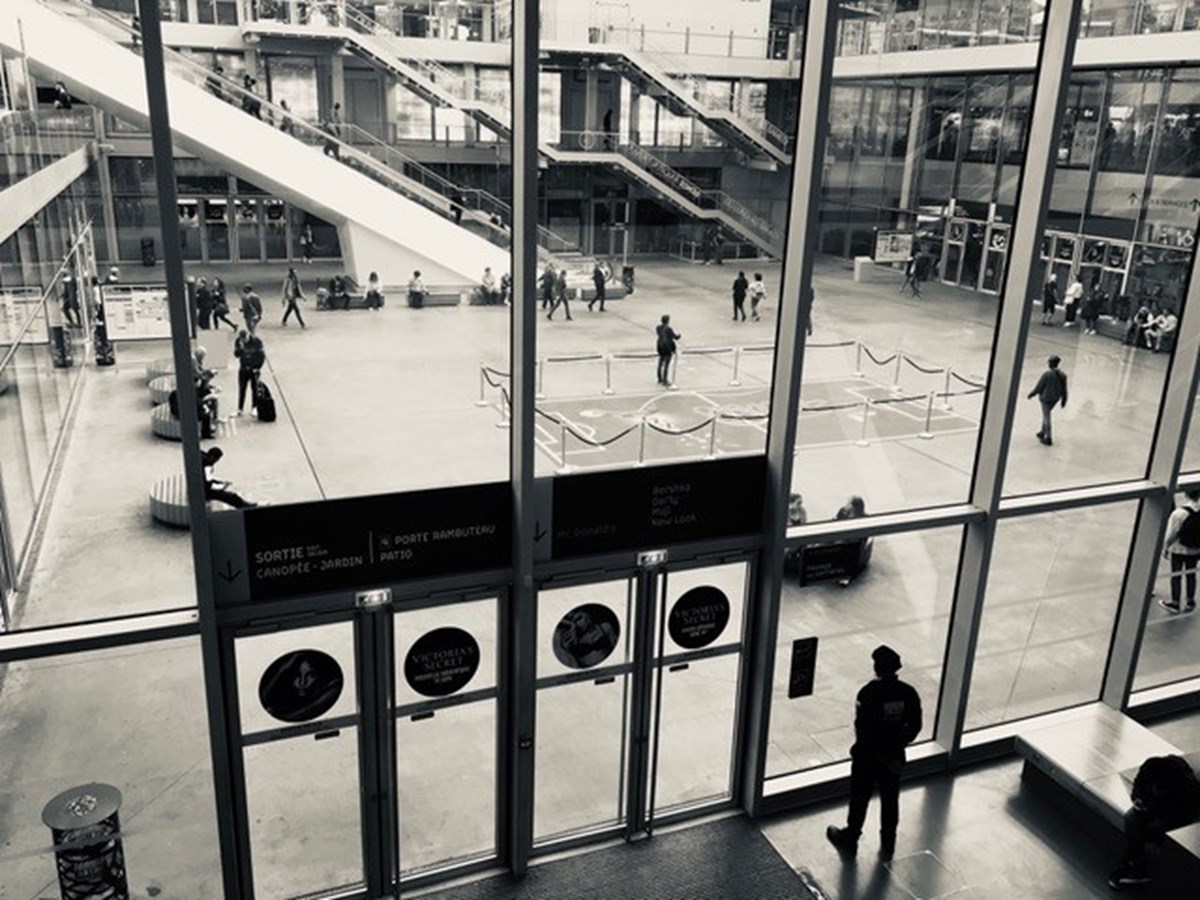This project explores the felt and emotive dimensions of contemporary terror threats and counterterrorism measures as they play out in people’s ordinary experience of cities.
The project’s concern with the felt quality and intangible aspects of counterterrorism in cities leads to different ways of posing questions about urban security/counter-terrorism, focusing for example on how security and security infrastructures feel instead of how they appear or what they mean.
To do so, the project adopts the notion of atmosphere as a means of interpreting such individual and collective felt dimensions. Atmosphere here refers to an immersive and shared felt quality of a situation which emerges from, and is shaped by, the presence and agency of both human and nonhuman actors. Atmospheres are already the ‘object target’ of various agencies, from commercial marketing to policing, and so are becoming an important part of attempts to shape behaviour in different settings. However, a much less studied realm concerns everyday users’ experiences and the atmospheres around spaces of security in cities.

A securitised exit area in Paris
Through the lens of atmosphere the project explores feelings of (in)security – and their social implications – that the tangible ‘fabric’ of urban counterterrorism can bring about.
